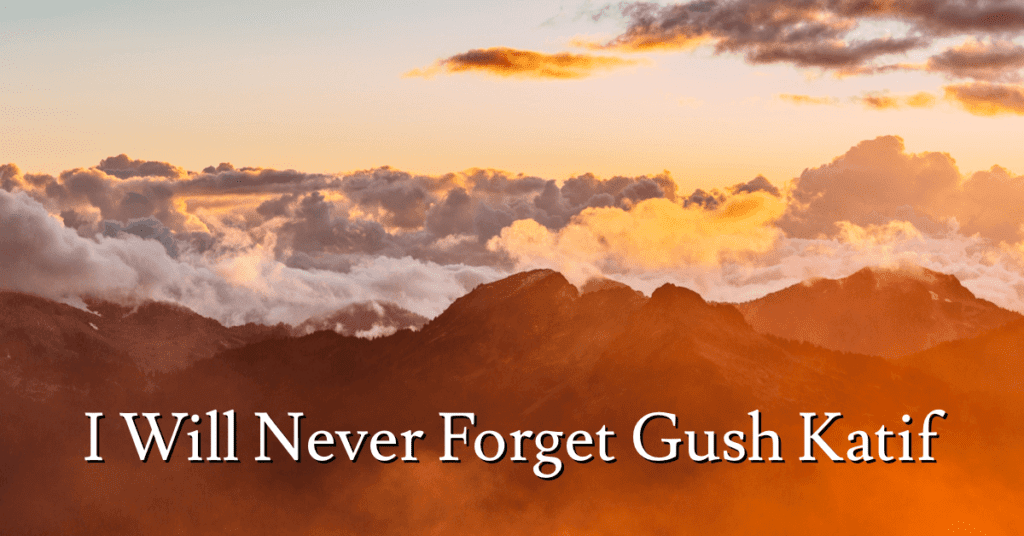Table of Contents
I moved to Israel in 1997 and left in 2005, only to return eleven years later.
Gush Katif: Blue vs. Orange
Israel was not calm in 2005. It was pure insanity. The city of Jerusalem was covered in orange, in solidarity with our brethren living in Gush Katif, who were facing imminent expulsion from their homes.
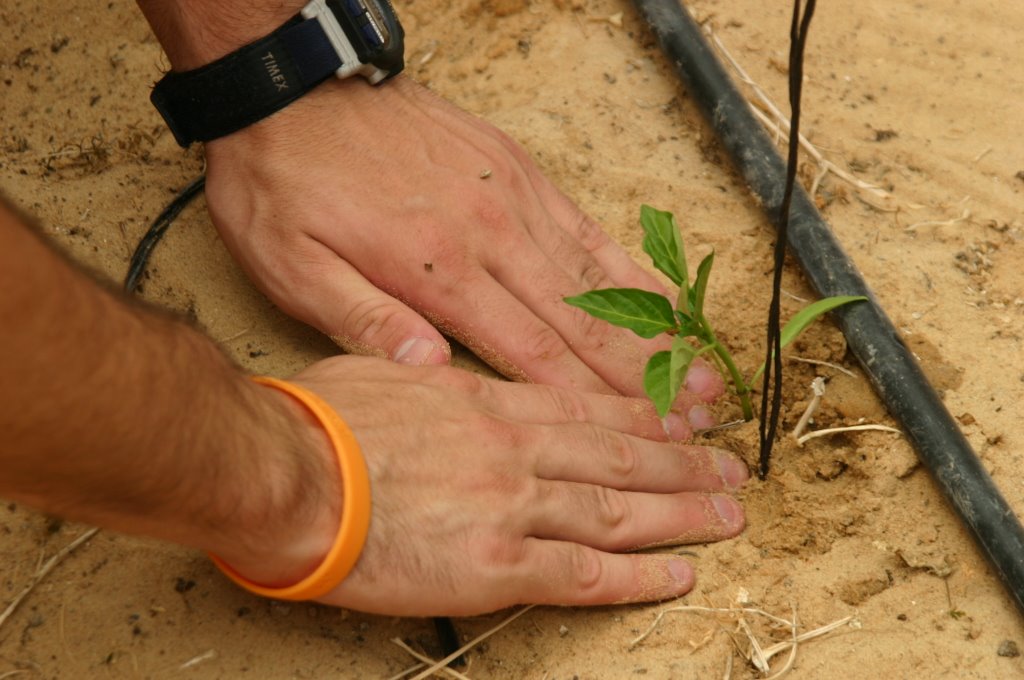
Other folk supported the idea known as the Disengagement. They were wearing blue to show their support. Some cities, like Tel Aviv, looked as blue as Jerusalem looked orange.
It was a sad time. We were so divided. And it felt awful knowing that our families and friends were about to be abandoned by their government. Innocent young soldiers were going to be sent into the abyss to forcefully pull mothers and children from their homes.
And those of us vehemently opposed to this “plan” had no doubts. The Israeli government did not exist to pull families from their homes. Our ancestors did not bleed on the battlefield so we could just hand our land over to the undeserving, and turn our backs on the people we’re supposed to protect.
The thought was mind-boggling. Pulling Jewish people from their homes was not the act of other Jews. No, this was the action of Nazis and other enemies of our people! How could we behave with such cruelty to our own people!?
And we had visions of a bright and movie-like future. At the last moment, the soldiers would stop and stand in solidarity with the residents of Gush Katif. Or citizens throughout the country would flock to stand together and block the expulsion. Sure, they can kick out a few thousand people. But a few hundred thousand? They’d stand no chance!
Gush Katif: How Could We Have Been So Wrong?
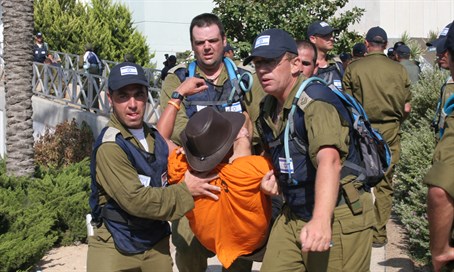
But we were wrong. So very wrong.
When the day rolled around to start getting people out of the settlements, the government and the soldiers worked with ruthless efficiency. Many residents were bribed to leave of their own accord. Other citizens were blocked from accessing the area. And a small army was sent to systematically dismantle each settlement, one at a time, until they were just rubble on the ground.
They actually finished their task ahead of schedule.
And left behind memories, hopes, and pools of tears.
Gush Katif: What Did We Get?
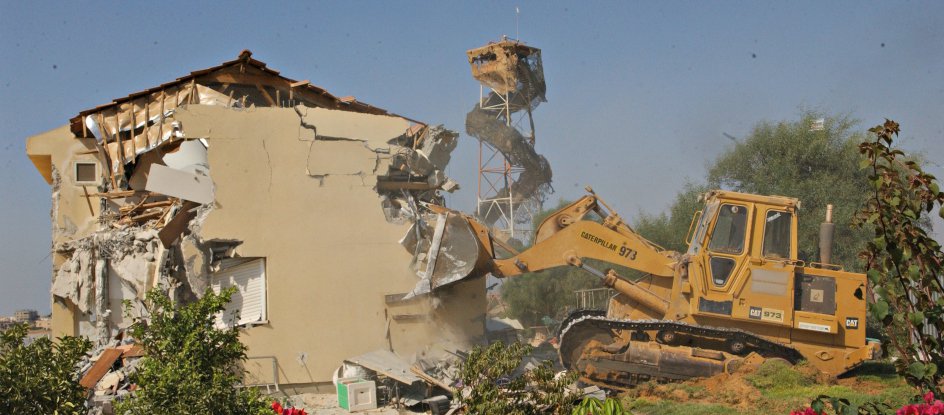
Someone recently asked me what the Palestinians did in exchange for us handing them this area. It was a very logical question. What country in its right mind would sacrifice something so valuable and hurt so many of its own people without getting something in return? I mean, when we returned the Sinai Peninsula to Egypt, we did so in exchange for an historical peace treaty, one that is still upheld over forty years later.
It was a logical question. And my stomach hurt when I had to explain that our actions were unilateral. We emptied out the beautiful Gush Katif… in exchange for absolutely nothing. One might say it was an act of goodwill. We would harm ourselves in the desperate hope that our belligerent neighbors would see how serious we were about peace, and thus choose to live near us in eternal harmony.
But that’s not what happened. Not even close.
The Aftermath of Gush Katif
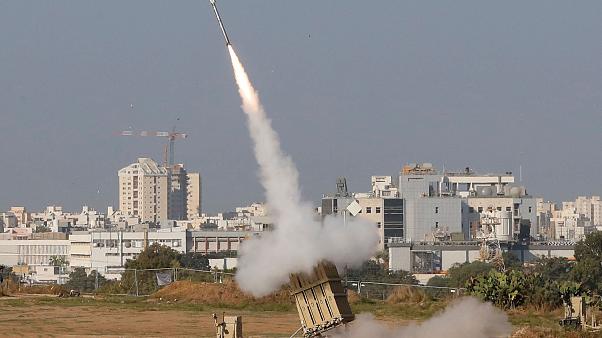
The area became the launching ground for countless rocket attacks against Israel. The people elected Hamas as their leadership, a group that is unabashedly terrorist. And fifteen years later we are not a step closer to peace with the Palestinians than we were when our government turned its back on very loyal citizens.
And what about now? In those fifteen years we’ve become distracted. The world moved on. Jerusalem is no longer covered with orange. And I hardly ever hear anyone speaking about Gush Katif. We’d prefer to look away and forget one of the darkest moments in Israel’s history. We’d prefer to ignore our failures. Pretend it never even happened.
I feel fortunate that I spent a Shabbat in Gush Katif before things went south. However, it heightens the pain for me. It’s not the theoretical, mythical community of legend it might be for some. I spent a beautiful weekend there. I broke bread, had enlightening conversations.
And when I think back about my time there, all I see is uninformed soldier children yanking families from their homes. And I see those homes pummeled to the ground and turned into dust.
And the pain deepens.
Grateful I Left the Country
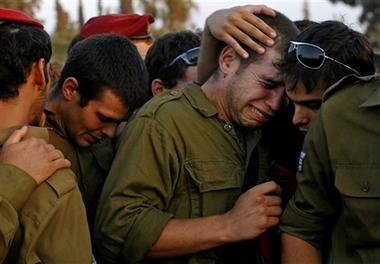
I left Israel fifteen years ago, just weeks before the Disengagement. And I’ve always been grateful about my timing. I fear that if I had been here for the final destruction, if I had experienced the mood in the country from up close, I would never have been able to return here.
I suffered through the whole Second Intifada. It filled up my entire first time living in Israel. I fell through cracks and suffered through a ton of the garbage that can happen in this country. In my triumphant return to Israel, I’ve dealt with a whole new set of irritations, including ridiculous election politics and a botched handling of the Corona crisis.
Nevertheless, I stand behind Israel. I encourage people to move here, if that’s where their heart is pulling them. I encourage serving in the military in a combat unit. And I defend Israel all the time against ignorant and nefarious attempts to criticize its actions or existence.
Gush Katif: More Than I Could Handle
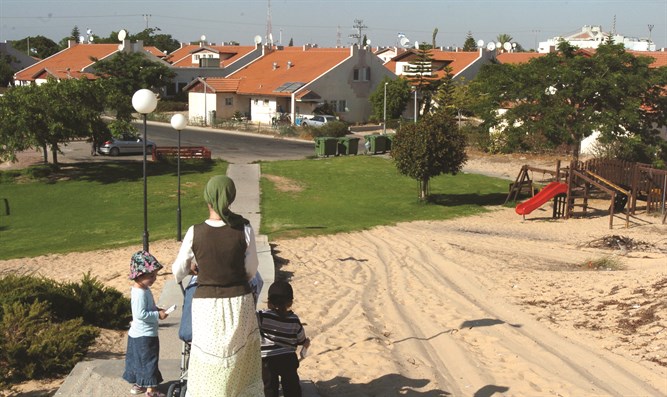
But Gush Katif was more than I could handle. And I still haven’t found it in my heart to forgive what my government did to us. How divided we were. How broken we were. And how shaken we were that we could do something so heinous to our own brethren.
I have not forgotten Gush Katif. I will not forget Gush Katif. And I implore anyone listening to never let what happened slip to the back of their memory. It could absolutely happen again.
Gush Katif was more than I could handle. And I still haven't found it in my heart to forgive what my government did to us. Share on XI am still thankful I left Israel before this horrific incident. I worry that if I had been here for yet another tragedy, I would never have been able to enter the land again. And not just any tragedy this time, but one that was entirely preventable, and one that we caused to ourselves.
I am still sad. I still feel pain. And I will never forget Gush Katif.



